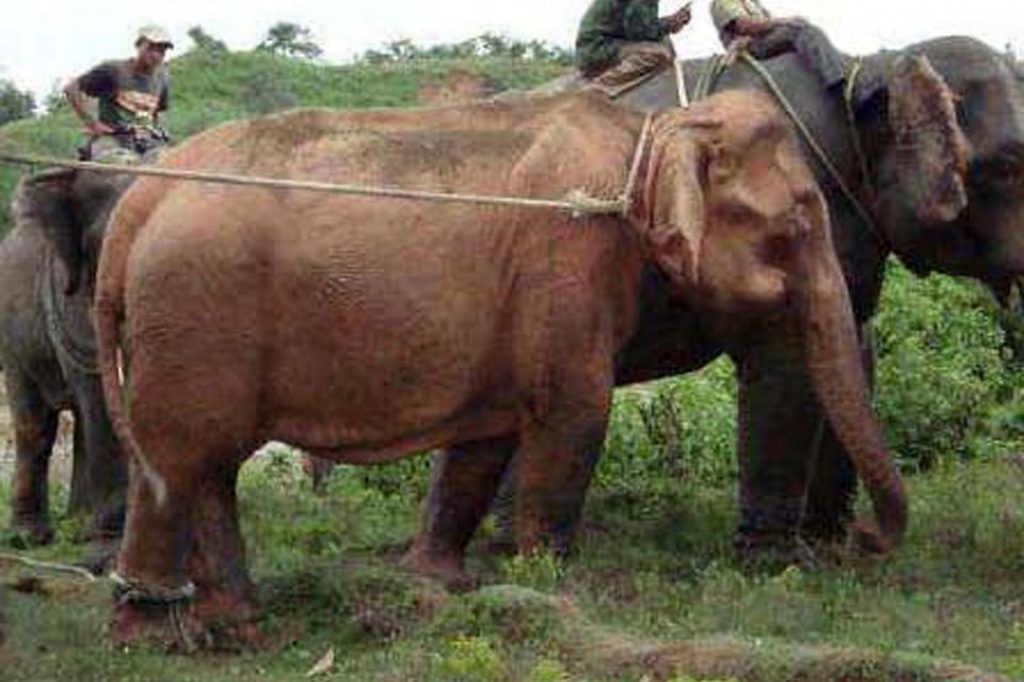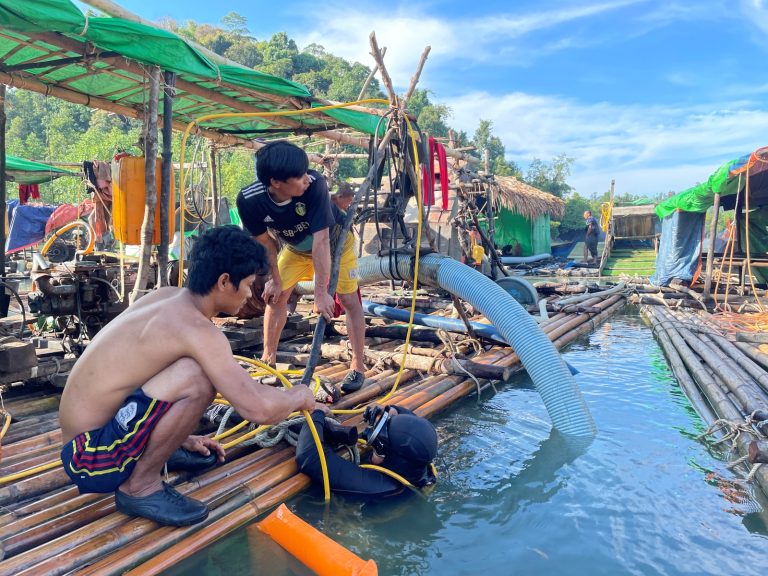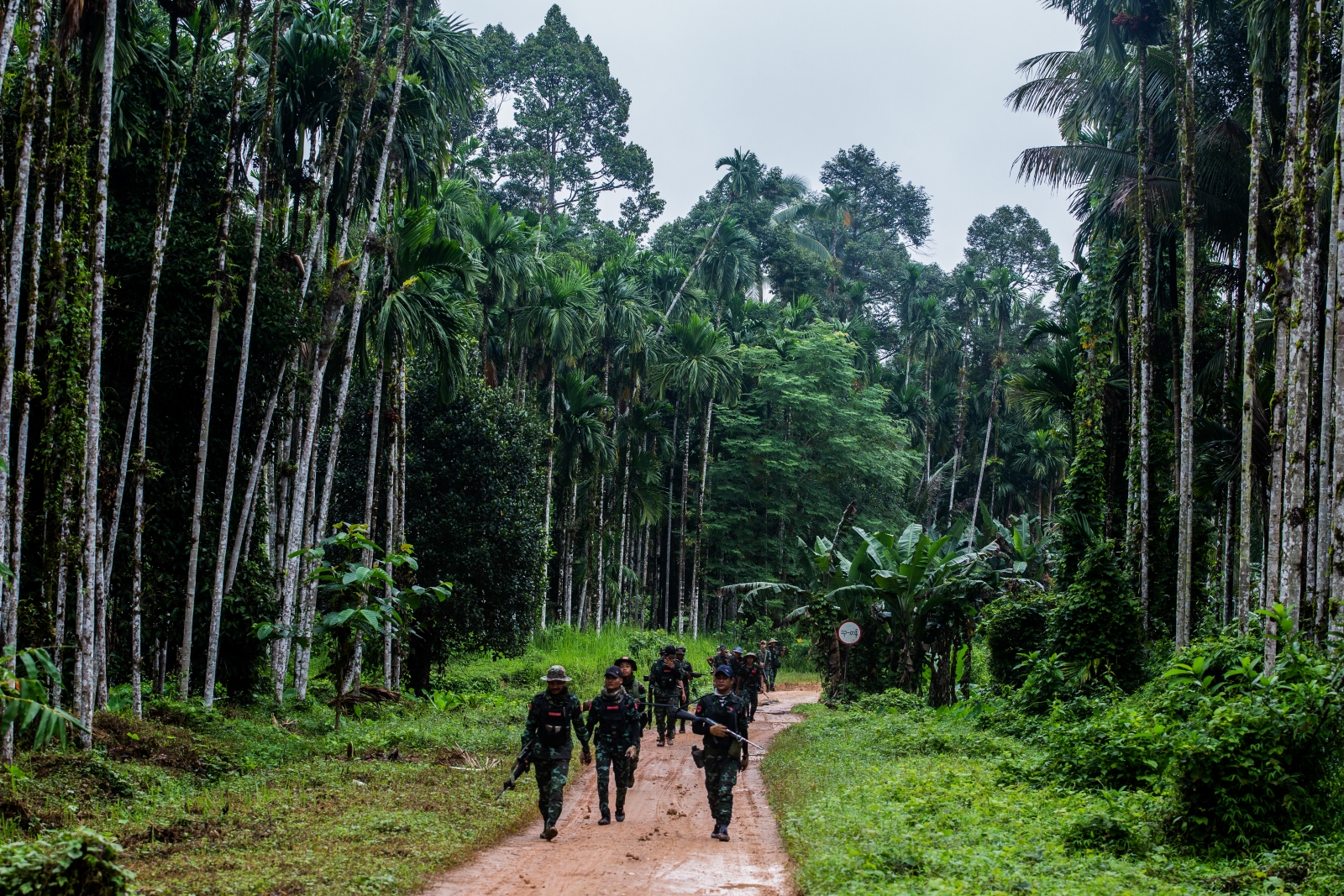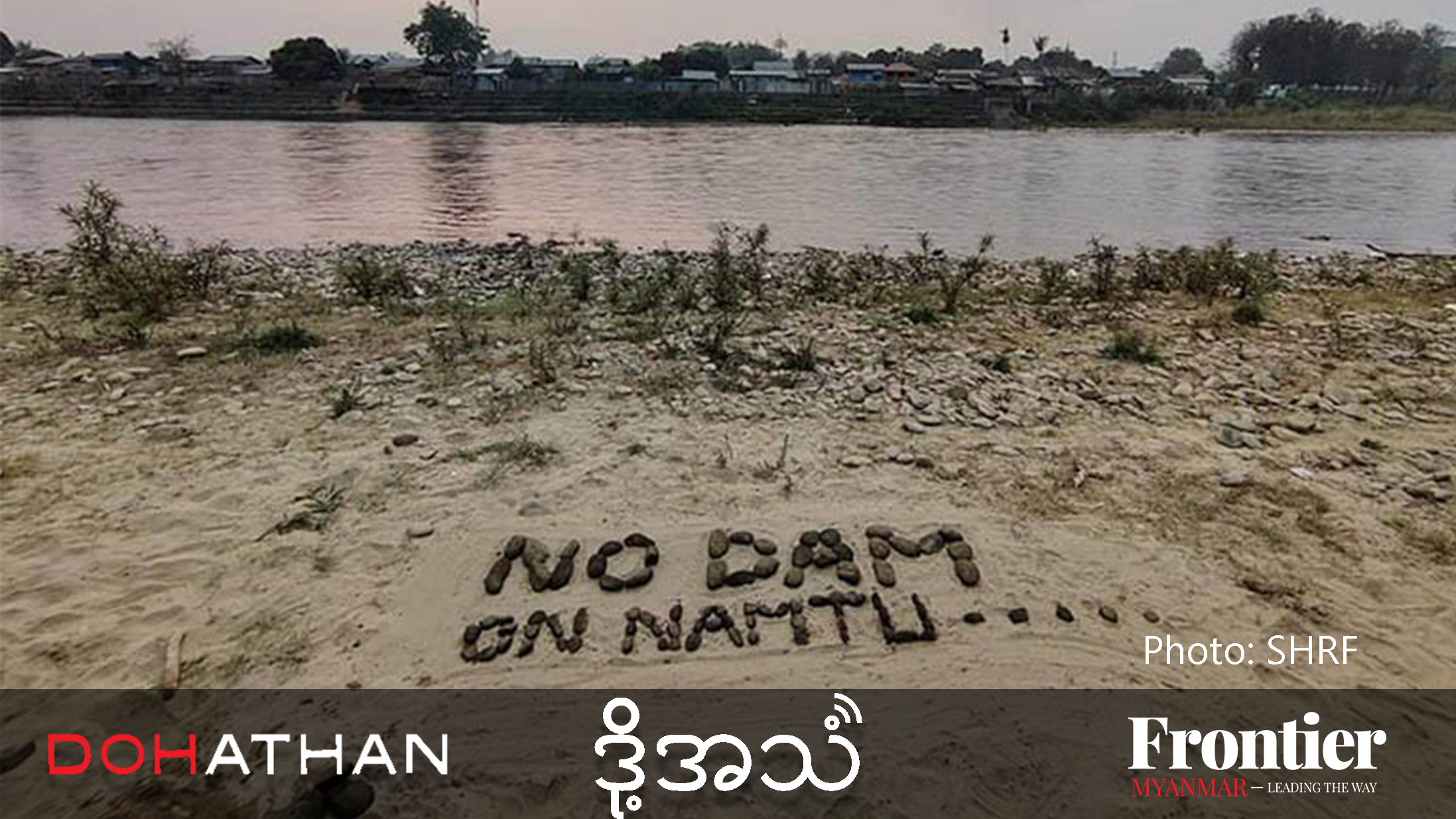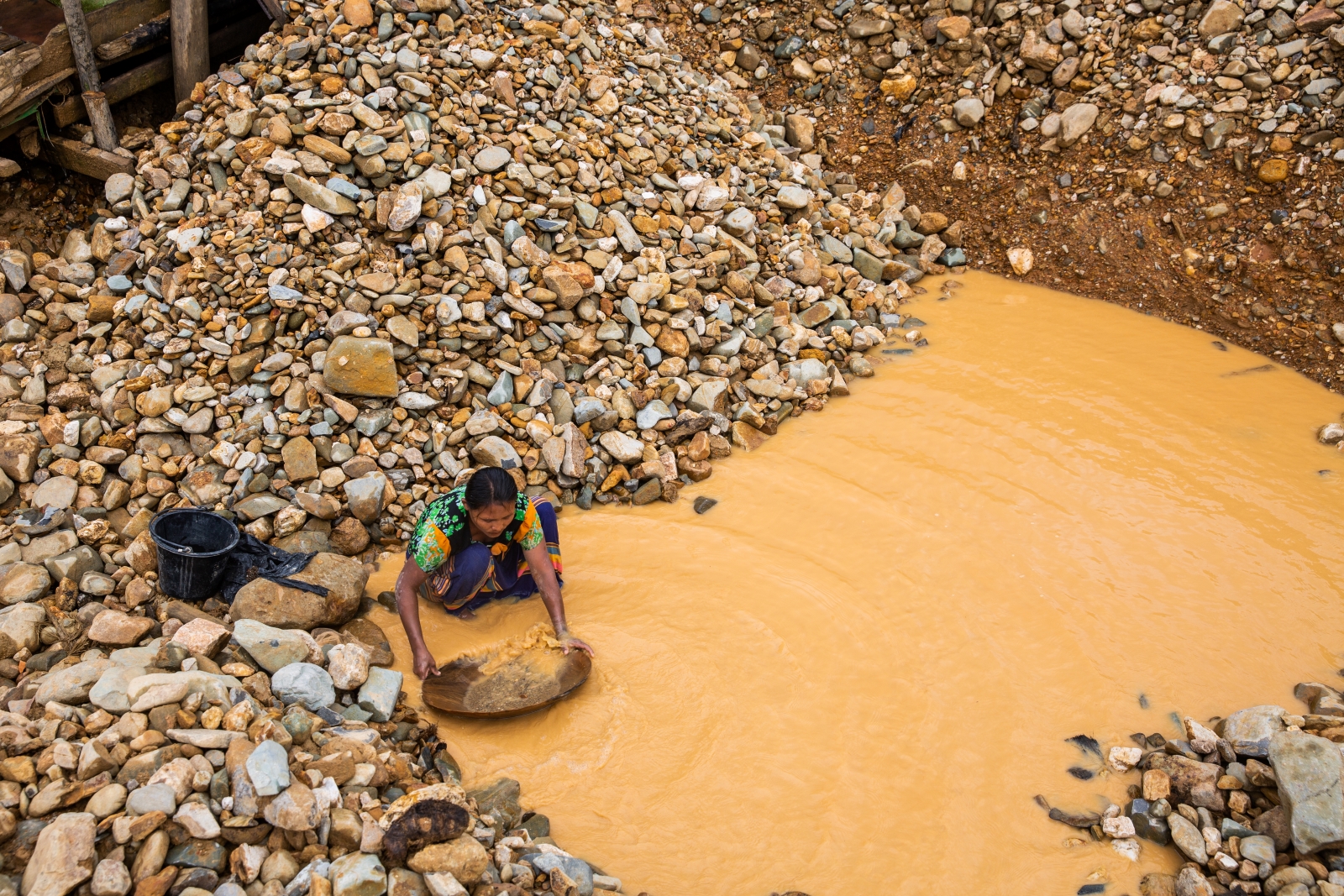By NYAN HLAING LYNN | FRONTIER
NAY PYI TAW — Authorities have told Frontier they are planning to close down the infamous Mong La marketplace, a regional hub for the illegal wildlife trade, after President U Htin Kyaw said he would not accept unlawful wildlife trafficking in Myanmar.
At a Sunday morning event in Nay Pyi Taw’s Thingaha Hotel to mark World Environment Day, Htin Kyaw said the government should work with international organisations to impose strict laws to protect native wildlife and take legal action against illicit traders.
U Win Naing Zaw, a director of the Natural Resources and Environmental Conservation Ministry, told Frontier that the president would negotiate with local administrators to close down the Mong La animal trade.
“Our government departments have planned [this action] in collaboration with respective local administrations,” he said.
Support more independent journalism like this. Sign up to be a Frontier member.
Mong La town, on the border of China in eastern Shan State, is under the de facto control of the National Democratic Alliance Army. An offshoot of the former Communist Party of Burma, the NDAA stood aloof from last year’s ceasefire negotiations between the previous government and a number of non-state armed groups aimed at bringing a lasting settlement to decades of ethnic conflict in Myanmar.
Under the NDAA’s control, Mong La has gained a notorious reputation as a hub for prostitution, gambling and drug trafficking, in addition to the sale and trafficking of animal body parts.
U Win Naing Zaw said government employees had been implicated in the illegal wildlife trade, adding that his ministry was seeking formal complaints from members of the public who had witnessed official complicity in wildlife trafficking.
The Environmental Conservation Ministry has recorded 174 seizures of trafficked wildlife and 120 wild elephant poaching cases between 2010 and 2016, figures that represent only a minute fraction of the scale of the trade.
Expert speakers at Sunday’s forum said that a lack of funding, staff training and inter-departmental collaboration were hampering an adequate response to the wildlife trade.
Daw Hla Hla Aye, a team leader at the United Nations Development Programme, said that Myanmar needed to start planning regular funding allocations to combat wildlife poaching, as donor countries would not be able to provide funding in the long-term.
“Now is a good time for a discussion between the Union government, state and region governments and the private sector for how funding should be collected,” she told the audience.


